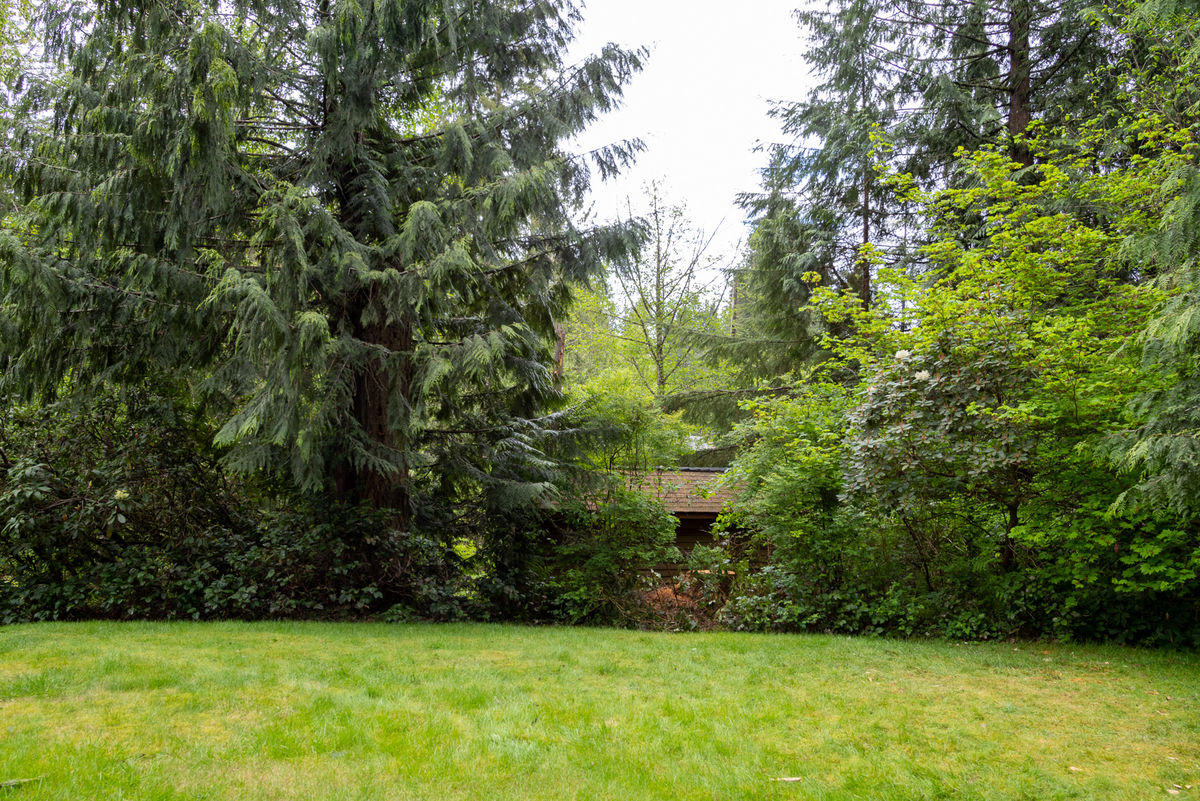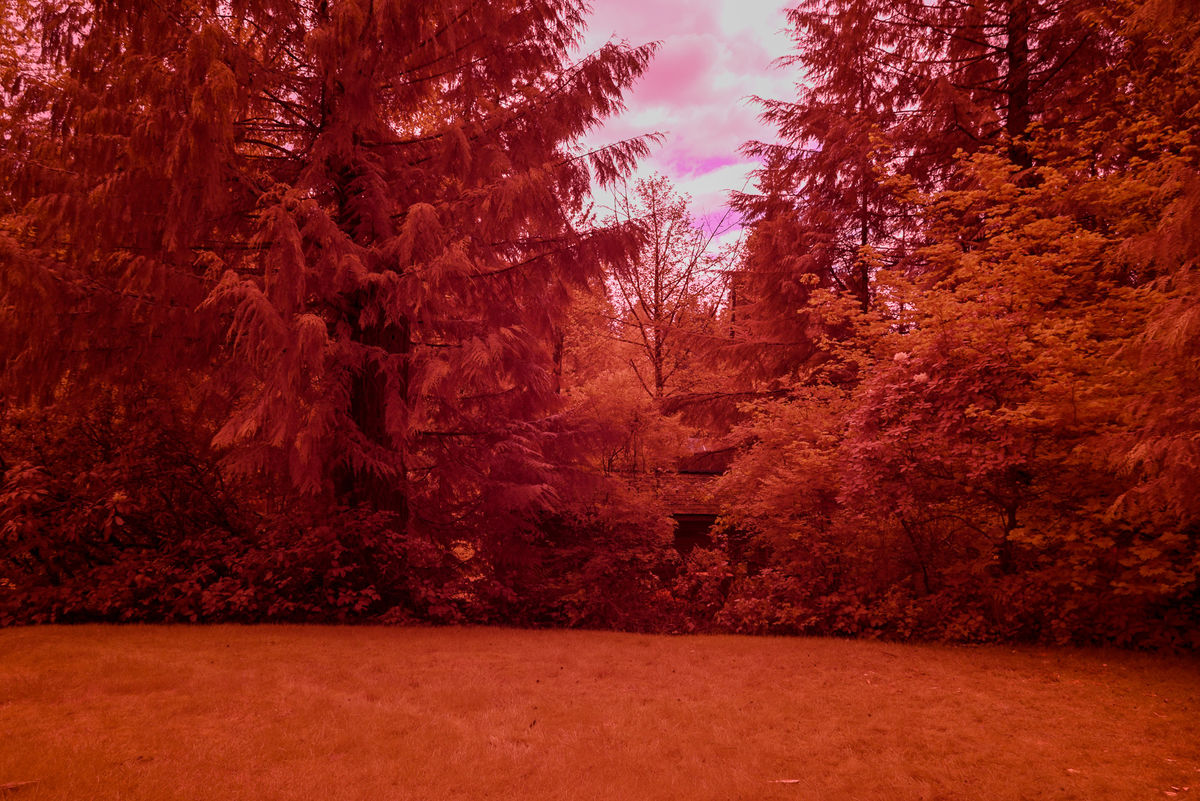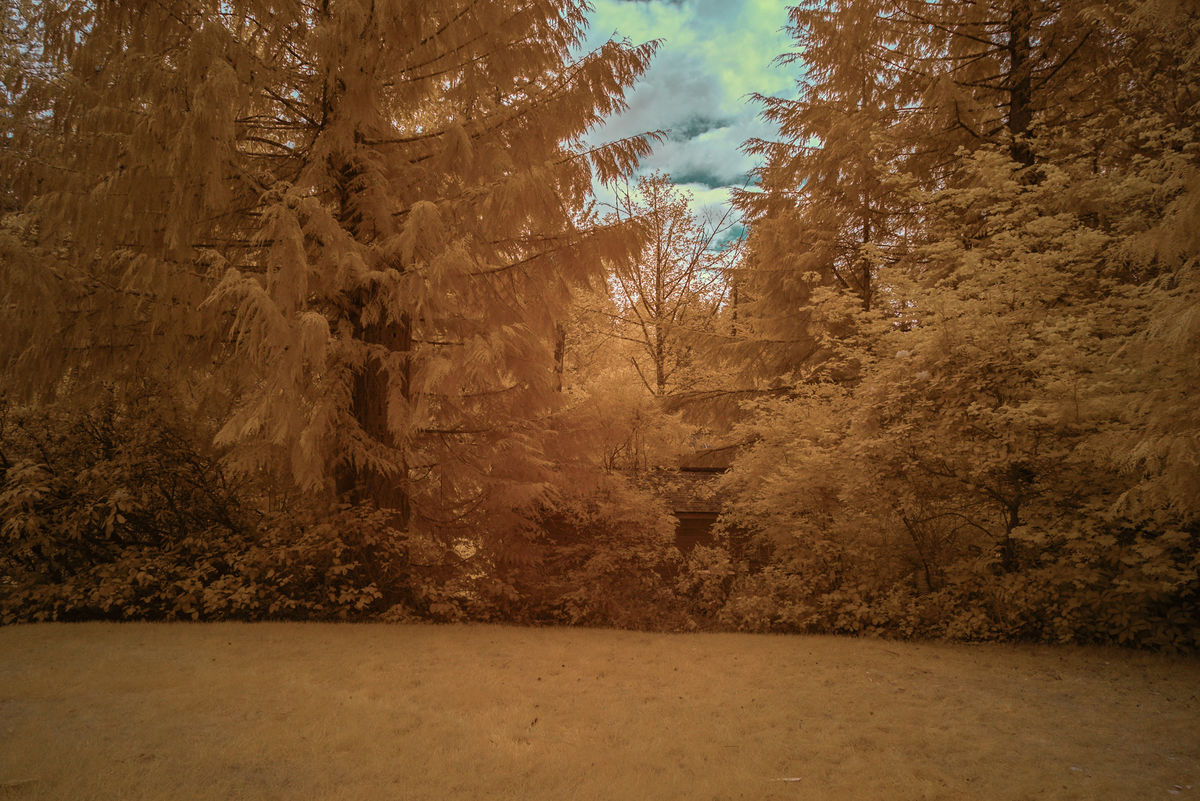IR conversion
May 19, 2022 21:13:25 #
I am planning to have Life Pixel make a full spectrum conversion of a Nikon D5600, using Live View, and have been trying to get a valid answer as to how the images turn out when not using an IR filter in a converted camera. Do the images turn out as well as they did before the conversion? What are the drawbacks to the other functions of the full spectrum converted camera compared to the cameras performance prior to conversion? I tried to find the answers in the "Search" segment but haven't been able to find a specific answer. Thanks to anyone who can provide input to me on this subject. You Tube is not an option as my hearing is almost nil. That happens a lot when you reach 87 as I have.
May 19, 2022 21:27:08 #
May 19, 2022 22:18:48 #
trapper1 wrote:
I am planning to have Life Pixel make a full spect... (show quote)
You have to live with decreased image quality and a completely different dynamic range when shooting a converted IR camera. However, if you shoot in Raw you are able to correct and compensate quite a bit for exposure, sharpness, and color. I wouldn't shoot in JPEG and expect results you would call excellent.
May 19, 2022 22:36:07 #
rcdovala wrote:
Wouldn't that be a question that Life Pixel could answer for you?
Yes its in the website.
May 20, 2022 00:17:32 #
Wouldn't that be a question that Life Pixel could answer for you?
Yes, I asked them but they did not answer my inquiry. Too insignificant, I guess.
Trapper1
Yes, I asked them but they did not answer my inquiry. Too insignificant, I guess.
Trapper1
May 20, 2022 05:24:25 #
May 20, 2022 06:23:58 #
There are focusing issues that *can* be a problem if your camera has a mirror. If it does, send your lens of choice and they will calibrate the camera to the lens for best result
There can be hot spot issues with certain lenses. Discussed on internet and many websites
You will have to do lots of processing to get the red out so being facile with software is a must
There can be hot spot issues with certain lenses. Discussed on internet and many websites
You will have to do lots of processing to get the red out so being facile with software is a must
May 20, 2022 09:01:00 #
You mentioned that you didn’t get any answer from LifePixel when you asked. If you try and call them? I had a Canon PowerShot converted a few years ago and called them. Their tech support was very helpful.
May 20, 2022 14:09:34 #
Wish I could talk with them but being 87 and almost stone deaf, it is an exercise in futility for me to try to talk to anyone on a phone. Chat rooms are often a saving grace but they vary so widely in ease of use that most of them are useless. Very rarely do you get an agent that knows enough to figure out what is the problem being called about, much less give any helpful advice. That's just the way it is.
Trapper1
Trapper1
May 20, 2022 17:24:55 #
trapper1 wrote:
Wish I could talk with them but being 87 and almost stone deaf, it is an exercise in futility for me to try to talk to anyone on a phone. Chat rooms are often a saving grace but they vary so widely in ease of use that most of them are useless. Very rarely do you get an agent that knows enough to figure out what is the problem being called about, much less give any helpful advice. That's just the way it is.
Trapper1
Trapper1
I guess I didn't understand your original question.
May 20, 2022 17:50:04 #
trapper1 wrote:
I am planning to have Life Pixel make a full spect... (show quote)
A full spectrum conversion means that they replace the existing IR filter with a clear filter. You have to use an IR cut or IR pass filter to get meaningful results, otherwise its a mess. The main issue with full spectrum is that you have to use an IR cut filter for visible light photography. I found that IR cut filters have some color cast. I had one camera that was full spectrum, and one camera that was done by Life Pixel to 590nm (Super Color), which I can then add other IR filters as desired. I eventually sold the full spectrum camera; I mostly used it as an IR camera and always had a filter in place.
Personally, I found it best to convert a small mirrorless camera. It's more gear to take, and a small camera is easier to pack. And with mirrorless, you can use the viewfinder and shoot as you would with visible.
May 20, 2022 18:01:05 #
Fotoartist wrote:
I guess I didn't understand your original question.
Understand ? You cant. You can only guess as to which way the ambiguity should fall.
May 20, 2022 18:18:20 #
jcboy3 wrote:
A full spectrum conversion means that they replace... (show quote)
I agree. I know others have had DSLR’s converted but I converted an old Panasonic GH2. The problem with a DSLR is that generally you send it in with the lens and they adjust focus based on the image lens a conversion wavelength. And that’s just if it’s a straight IR conversion and it works best with a prime lens, because as the focal length changes in a zoom the focus differential changes. With full spectrum you’ll need to adjust focus for different wavelengths so if it’s set for one it’ll be slightly off for the others. With mirrorless there’s no focus adjustment needed. It will focus with any of my lenses at any focal length and any wavelength. You can get away with this with some DSLR’s but you’ll have to shoot in live view.
May 20, 2022 19:33:44 #
jscorbin
Loc: Woodinville, WA
trapper1 wrote:
I am planning to have Life Pixel make a full spectrum conversion of a Nikon D5600, using Live View, and have been trying to get a valid answer as to how the images turn out when not using an IR filter in a converted camera. Do the images turn out as well as they did before the conversion? What are the drawbacks to the other functions of the full spectrum converted camera compared to the cameras performance prior to conversion? ...
A few examples may help here. These photos are all taken with a Nikon Z5 mirrorless camera that is converted to Full Spectrum.
A full spectrum conversion must be used with some kind of filter to get usable results, either a Visible Bandpass filter or one of the several IR filters. The great advantage of a full spectrum conversion is that you can use the same camera for both normal photos and a wide variety of IR (or even UV) photos. All IR photos need some to a lot of post-processing, typically to adjust the white balance, adjust levels, reverse red/blue channels, and adjust hue and saturation; or convert to black-and-white. Probably about 75% of my IR photos are converted to B&W. One of my favorite features of IR photos is the great haze penetration; distant landscape features are very sharp.
The main disadvantage of a full spectrum conversion is that you always have to use a filter, and it can be awkward changing the filters in the field. A big disadvantage of a DSLR full spectrum conversion is that the viewfinder is black to deep red when you use an IR filter (IR filters block most to all visible light). Setting up an IR photo with a converted DSLR would require using Live View, and in practicality pretty much require a tripod. The other functions of the converted camera remain the same.
The great advantage of a MILC (mirrorless interchangeable lens camera) is that you can see the IR image in the electronic viewfinder, as well as in Live View. You can easily use it as a normal camera or as an IR camera. Also, as has been mentioned above, there is no issue with focusing.
"Normal" scene, using what LifePixel calls a Visible Bandpass filter. Auto white balance.

(Download)
No filter used. Auto white balance. I never do this in practice, all of the UV, visible, and IR wavelengths are mushed together.

(Download)
Using a 590nm ("Super Color IR") filter. Custom white balance for IR. Processed in Photoshop to reverse red & blue channels; adjusted red hues to be more yellow.

(Download)
May 20, 2022 21:40:02 #
jscorbin wrote:
A few examples may help here. These photos are all... (show quote)
Another thing about white balance is you should set it using the camera manufacturers software before you bring it into Lightroom or Photoshop. When Lifepixel did mine I got a free online 30 minute training session. It was time well spent.
If you want to reply, then register here. Registration is free and your account is created instantly, so you can post right away.



